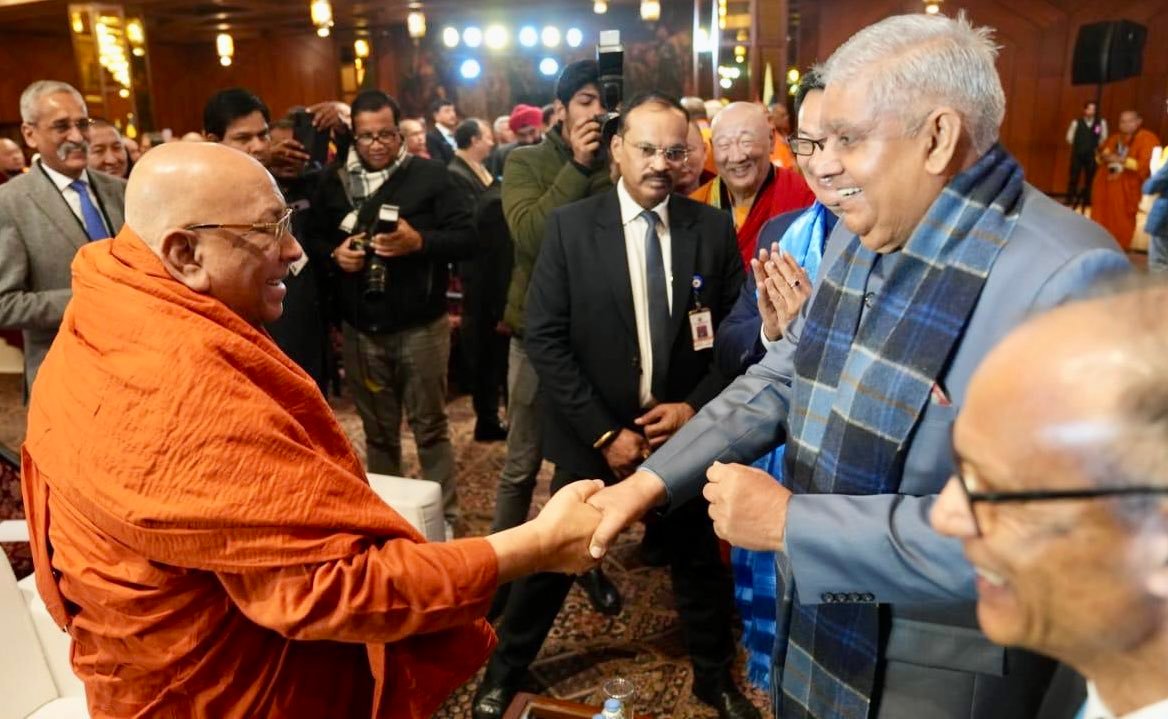The Indian Vice President recently inaugurated the 12th General Assembly of the Asian Buddhist Conference for Peace in New Delhi.
About Asian Buddhist Conference for Peace (ABCP):
- It was founded in 1970 in Ulaanbaatar, Mongolia, as a voluntary movement of followers of Buddhism with both monastic (monks) and lay members.
- Its aim is to bring together the efforts of Buddhists in support of consolidating universal peace, harmony, and cooperation among people in Asia.
- It is currently headquartered at the Ganden Tegchenling Monastery in Ulaanbaatar, Mongolia, and the Supreme Head of Mongolian Buddhists is the ABCP President.
- History:
- The roots of founding of ABCP lay in the Cold War politics of peace movements, and consolidation of allies, and building popular outreach among the masses through various organisations.
- Most Venerable Gabji Samaagiin Gombojav, Khambo Lama of Mongolia, Venerable J. Gomboyev from Buriat, Khambo Lama of the former Soviet Union, Venerable Kushok Bakula Rinpoche from India, and Buddhist leaders from Sri Lanka and Nepal came together and officially founded the Asian Buddhist Conference for Peace (ABCP) in 1970 with a permanent headquarters in Ulaanbaatar.
- It drew active participation from Mongolia, Japan, India, Laos, Vietnam, Cambodia, Bhutan, Russian Far East, Sri Lanka, Thailand, and other regional countries.
- ABCP was registered as an observer to the UN’s Economic and Social Council in 1988 in recognition of its contribution to the well-being of humanity.




